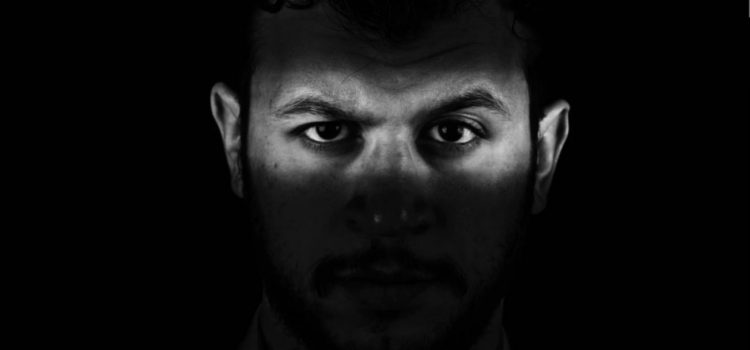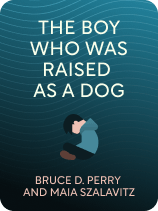

This article is an excerpt from the Shortform book guide to "The Boy Who Was Raised as a Dog" by Bruce D. Perry and Maia Szalavitz. Shortform has the world's best summaries and analyses of books you should be reading.
Like this article? Sign up for a free trial here.
What causes antisocial personality disorder? Why do some people become sociopaths or psychopaths?
Antisocial personality disorder is often caused by early childhood experiences of trauma and neglect. Seeing where this comes from helps you to understand the disorder better.
Discover the causes of antisocial personality disorder with this case study and analysis from The Boy Who Was Raised as a Dog.
The Emotional Consequences of Deprivation in Infancy: Leon’s Case
Understanding what causes antisocial personality disorder requires taking a look at interactions between an infant and their caregivers. Because of the connection between the caregiver’s mediation of the infant’s stress response and the infant’s later development, an infant deprived of vital caregiving in early life can have stunted social and emotional development, including a failure to acquire empathy.
An example of this process is the case of a young man named Leon. At age 16, Leon murdered and violated the bodies of two girls. Leon had no remorse for his actions and blamed the girls for sexually tempting him. A psychiatrist talked with Leon’s family about his early childhood and discovered that Leon had been severely neglected. His mother Maria, though loving and well-intentioned, had made a habit during Leon’s infancy of leaving the house in the morning and not coming back until the evening, leaving him alone all day.
As a result, his distress signals went unanswered: With no one to provide the care that would relieve his stress response, he never learned to associate human interaction with the relief of distress. He missed out on the neural stimulation that 1) teaches us on a subconscious level that we can rely on others, and 2) makes us feel good when we please others and bad when we’re rejected by them. Thus, he was unable to derive pleasure from (or even understand) interpersonal relationships, and he failed to develop social skills and empathy.
On top of that, the lack of consistency and predictability in the care he did receive (for example, in the mornings and evenings, or the rare occasions when his father wasn’t away at work) caused his stress centers to become overactive. This is because children need to receive neural stimulation in a predictable, repetitive way (which we’ll explain in greater detail later in the guide). While a complete lack of such stimulation is certainly harmful, Perry suggests that random, unpredictable care like what Leon received can be even more harmful because the stress response never knows when to turn off.
(Shortform note: Leon’s inconsistent and unpredictable care kept him from learning that he could always rely on a caregiver to tend to his needs. Attachment theory experts connect such unpredictability to another attachment type: the disorganized attachment style, also known as the fearful-avoidant style. People with this attachment style often have mental illnesses or personality disorders in adulthood, which tends to result in difficulty forming healthy relationships. While a disorganized attachment style can increase the risk of relationship violence, it doesn’t always lead to violent behavior as extreme as Leon’s.)
This constant stress response and activation of Leon’s lower-level brain functions meant that the areas of his brain related to higher-level functions (those involved in self-control and relating to others) were shut down and ultimately couldn’t develop properly. In this case, Leon’s environment caused him to become a sociopath (diagnosed as antisocial personality disorder).
(Shortform note: The terms “sociopath” and “psychopath” are often used synonymously in everyday conversation. While they both refer to antisocial personality disorder, there are some differences: Specifically, sociopathy is thought to be a result of childhood trauma, whereas psychopathy is believed to be the result of genetic abnormalities in the brain. Not everyone with antisocial personality disorder is violent or aggressive, and people with this disorder can learn how to relate to others, control their impulses, and improve their social skills through therapy. This suggests it may be possible for someone who has missed a developmental milestone of the brain regions associated with lower-level functioning to develop the higher functions that would normally build on those lower ones.)

———End of Preview———
Like what you just read? Read the rest of the world's best book summary and analysis of Bruce D. Perry and Maia Szalavitz's "The Boy Who Was Raised as a Dog" at Shortform.
Here's what you'll find in our full The Boy Who Was Raised as a Dog summary:
- How trauma impacts the developing brains of children
- Case studies of child abuse and neglect, as told by a child psychiatrist
- An explanation of the Neurosequential Model of Therapeutics






